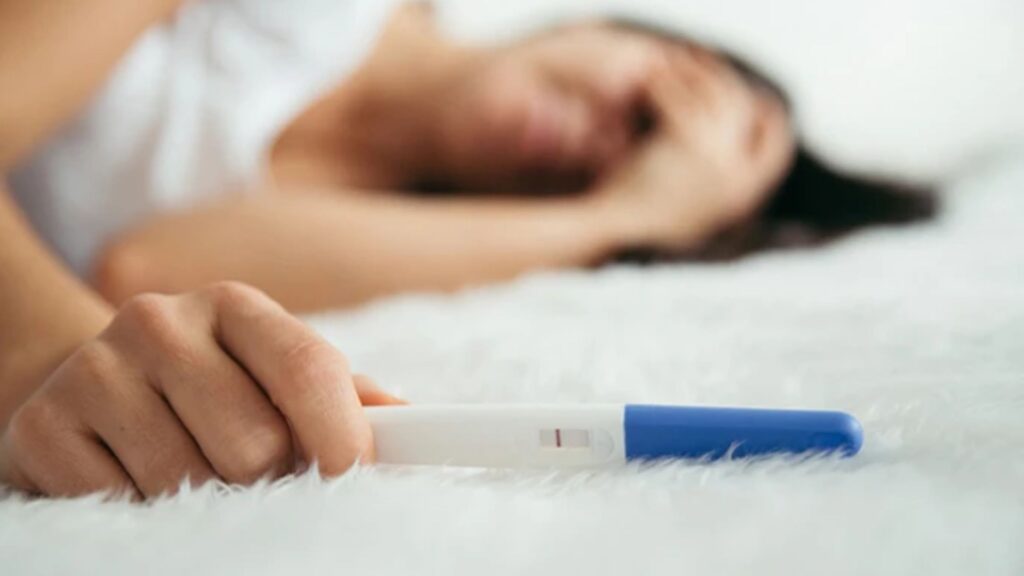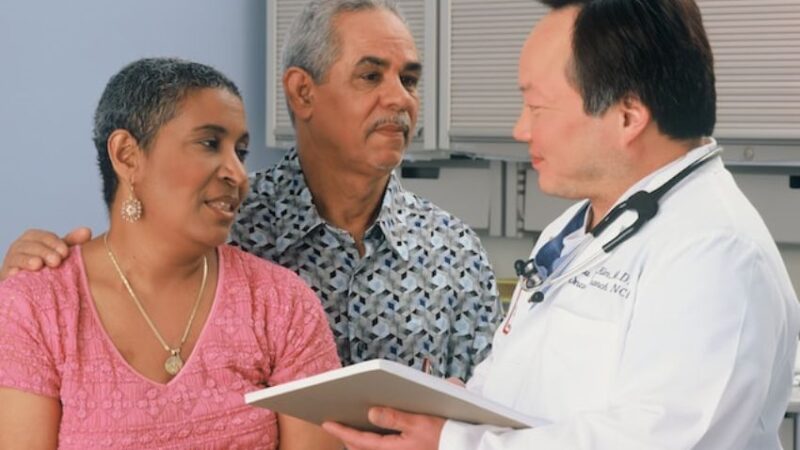Can You Still Get Pregnant After Experiencing IVF Failure?
Becoming a parent may sound exciting, but it is not always easy for couples that cannot conceive naturally. Through vitro fertilization (IVF) can be one way that fertility experts can help such couples aspiring to become parents. It involves retrieving mature eggs and fertilizing them in a lab before re-inserting them into the uterus. While many IVF procedures result in healthy pregnancies and live births, there are chances for IVF failure.

IVF failure can be unfortunate, but you can still get pregnant with subsequent IVF cycles. Your fertility specialist will help you get ready for a second IVF cycle and try to increase your success rate. Some women may also get pregnant naturally after a failed IVF. While assisted reproductive technologies (ART) like IVF can work well the first time, they sometimes require patience.
Reasons for Failed IVF
Failed IVFs happen due to problems with the embryo or the uterus. Common reasons IVF cycles fail include:
- Poor egg or sperm quality: While fertility specialists evaluate egg quality before retrieval, fertilization, and insertion, lower-quality eggs or sperm may affect your IVF success chances.
- Embryonic arrest: Chromosomal and genetic abnormalities in the embryo weaken its ability to continue developing normally. This may also affect sustained implantation, affecting the success rate.
- Embryo implantation failure: After the embryo is re-inserted into the uterus, it takes several days to attach to the uterine wall, signaling the start of pregnancy. Issues with the implantation process can affect IVF success.
- Any health issues: Potential health conditions may interfere with hormones, embryo implantation, or pregnancy.
What To Do After a Failed IVF
While unsuccessful IVF treatments can be frustrating, you must continue, and prepare for the next cycle. Here’s what you should do after a failed IVF cycle:
Have the Right Support System
A failed IVF can be devastating for couples trying to get pregnant. The frustration makes it easier to give up, but try to maintain the right mentality to try again. An amazing support system can help you weather the challenges of a failed IVF.
Trusted friends and family can support you and help you stay positive. Speaking with a fertility doctor can also aid in learning more about the process and affirming the need to try again. You can also see a counselor to deal with sadness or frustration after the failed IVF.
Review the Previous IVF Cycle With a Specialist
Once you are ready to start another IVF, fertility specialists will help you review the previous cycle. Reviewing the progress of your last cycle helps deduce potential causes of IVF failure. Experts can use that information to improve the success chances for any subsequent implantation.
The experts will conduct hormonal tests and uterine screening to identify the cause of IVF implantation failure. They then fragment the sperm and embryo DNA to check for abnormalities that can increase miscarriage or affect embryo development. Preimplantation genetic screening (PGS) helps the specialist determine success chances for subsequent transfers. Fertility experts also conduct immunological testing to rule out its involvement in preventing conception.
During the review with your fertility doctor, they will evaluate other pre-existing causes that may affect conception, including:
- Age of the female partner
- Genetics
- Underlying medical conditions
- Egg quality and quantity
- Cause of your infertility like endometriosis or ovarian cysts
- Uterine issues
A thorough evaluation of all factors affecting your fertility helps them determine if a second embryo transfer is viable. They will advise on the success chances for your procedure and recommend the right steps to potentially improve the success rate.
Have a Plan for the Next Steps
Once you decide that you are ready for your next IVF cycle, your fertility specialist will devise a plan for the next steps. They may start with fertility cleansing to ready your body for another pregnancy. This will involve achieving hormonal balance and boosting the ovulation cycle. Fertility planning may help increase success chances when planning for a new cycle.
The IVF cycle plan details when you can start preparations and how long the process will take. Fertility doctors also include a follow-up plan to check on the progress of your pregnancy after transfer and conception.
Getting Pregnant After IVF Failure
Certain assisted reproductive technologies, such as IVF, can help couples that are experiencing difficulties conceiving naturally to become parents. While the procedure may work for many couples, its success chances are not guaranteed. Try embryo transfer after IVF failure to increase your chances of getting pregnant.

Deepa Mahar is an independent blogger and admin of DeepAdvices who is exploring the beauty of the blog writing from a variety of subjects and books to health, science and others. She believes the blog would be helpful to the reader in the context of knowledge. She is post-graduated with a degree of Biotechnology.





